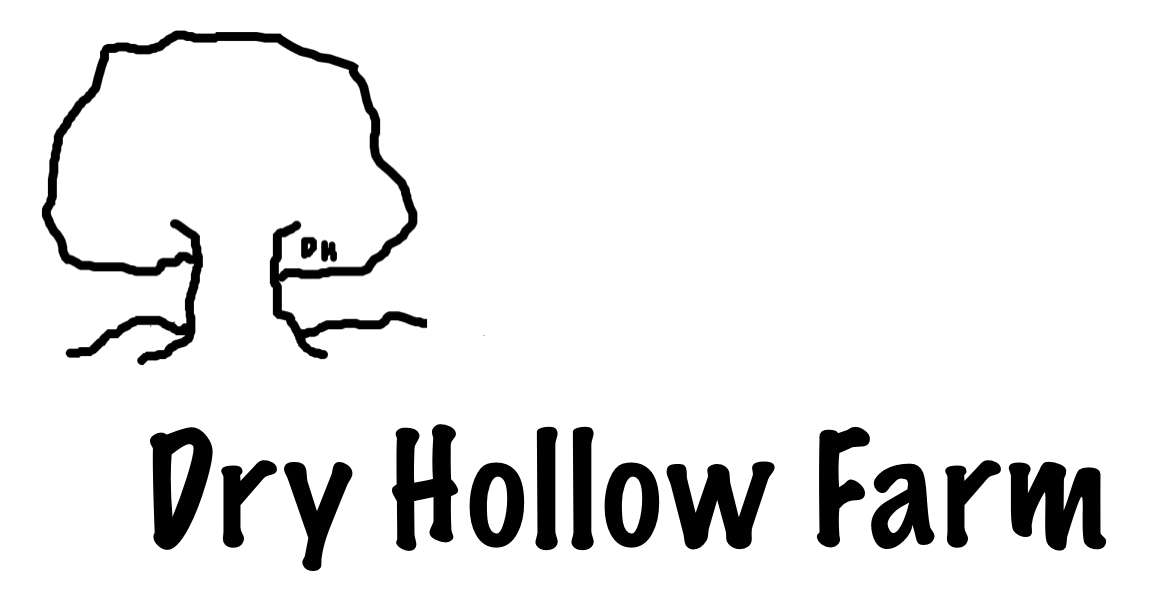The Selection Process
This past weekend, we made the decision
to purchase additional dairy goats to add to our flock.
With product sales nearly doubling this year, our milk demand is growing and we required more large-breed dairy goats for increased production. Although we have several Nubian and Alpine does, waiting for their kids to reach maturity for milk production was not feasible in the short-term.
Over the past decade of goat breeding and raising, we have tried to maintain a closed herd as much as possible. But sometimes this is not feasible, and animal purchases are inevitable. Even if we are just swapping bucks for genetic diversity, the occasional purchase must be made.
What do we take into consideration when buying a goat (or herd of goats!)?
First, consider the local marketplace options. Area farms may breed the type of dairy goat you desire. However, if you are looking for genetic diversity, you may need to search farther afield as regional breed producers tend to overlap family genetics. If you are dedicated to one specific breed, you may want to discover where their livestock line originates.
Second, decide whether you are investing in registered animals or grade animals. We have fluctuated through the years in our approach. Although registered animals generally bring more money, they are also an additional expense at the front end (and a more serious loss if the animal dies). We do not show our animals, but instead focus on milk production. Our best milking doe is a mixed breed of some variety, including a meat goat breed, and yet she annually throws twins or triplets and produces a gallon of milk a day at peak. She is on of our best investments, and we keep every female doeling she throws.
Third, we tend to find most of our purchased animals online through social media or Craigslist. With both venues, the buyer has to be extremely careful, but we have had a fair degree of success with these platforms, both as buyers and as sellers. We NEVER pay any money up front to hold an animal or serve as a downpayment. It’s not worth the risk.
Fourth, when we purchase animals we first check eyes for anemia and hoofs for hoof rot (your nose will tall you). We understand any animal purchase is a risk. Once you place an animal in your vehicle and drive off-property, it is now your complete responsibility. If something happens to it, you cannot return it to the previous owner, request help with vet bills, or any other remittance. We sell numerous animals every year and have no control over what happens to that critter once it leaves our property.
Yesterday we unloaded the new members of our flock, including five young kids, first into a holding pen. There we administered a dewormer and copper boluses while checking each animal. Some were in desperate need of hoof trimming (but with no smell of rot). but overall, they looked good. We separated into their respective pastures and allowed them time to settle in with the rest of the Dry Hollow Farm crew.
Since this time we bought a small flock, there were too many boys for us to keep them all. We’ll give them a little time here to settle and be certain they are healthy, then we will sell them to farms in need of new breeding bucks (see previous post about our approach to males as members of our herds).
Regardless of the circumstances, it’s always exciting to see new life here on the farm!
Dr. Kathryn Bush owns and operates Dry Hollow Farm, a working goat and sheep farm in Huntingdon, Tennessee. Together with her husband, Russell, she creates skincare products from their fresh goat milk, grows organic herbs, welcomes visitors to their two cabins on the farm (available for stays through Airbnb), keeps the farm’s on-site soap shop stocked with their handcrafted products, and enjoys working the farm in company with their Great Pyrenees dogs (who work hard guarding the animals). Check out their natural products featuring farm-grown ingredients here, and sign up for the Dry Hollow Farm newsletter to stay in touch and be the first to hear about farm news, events, and new products.
